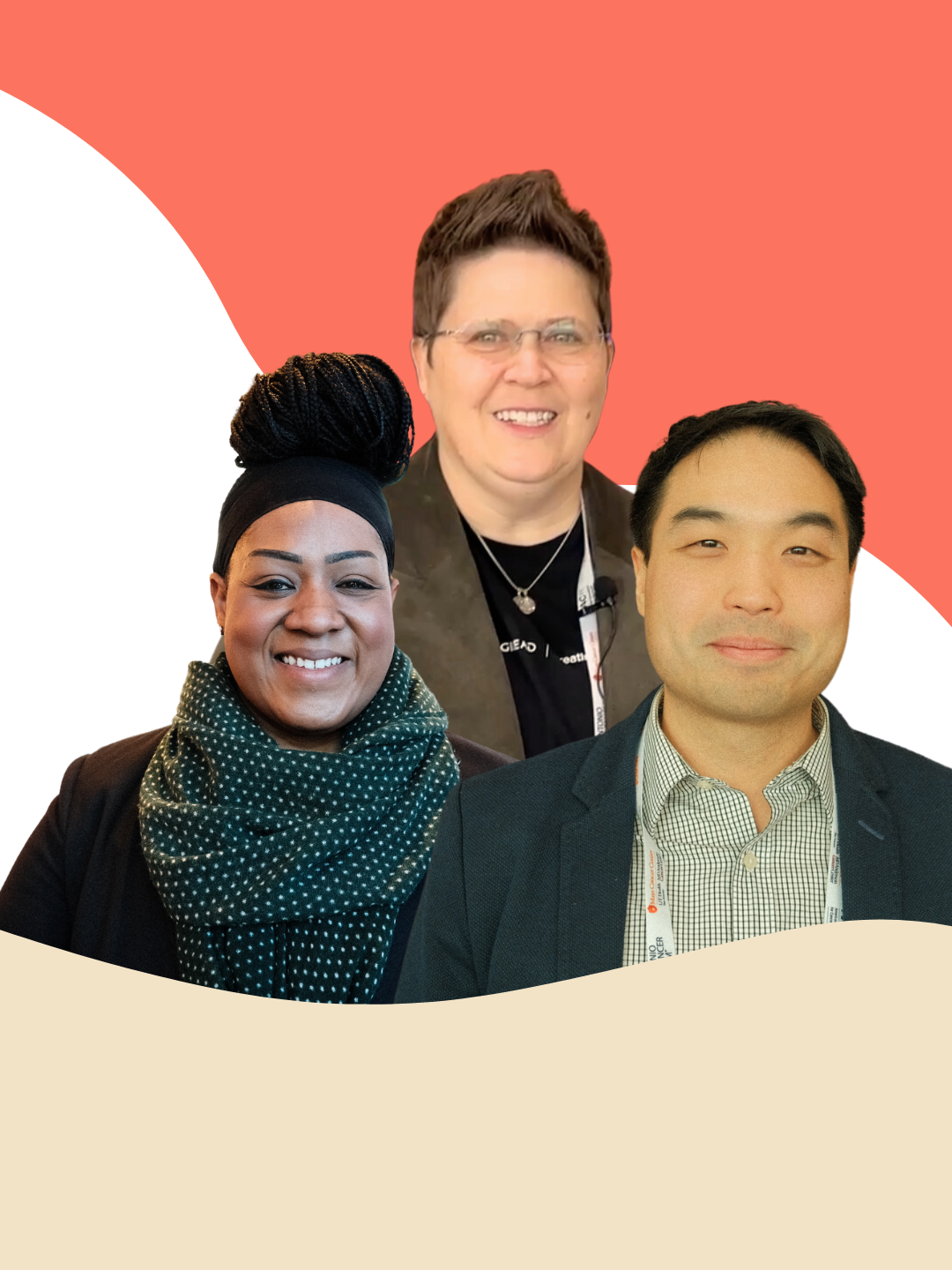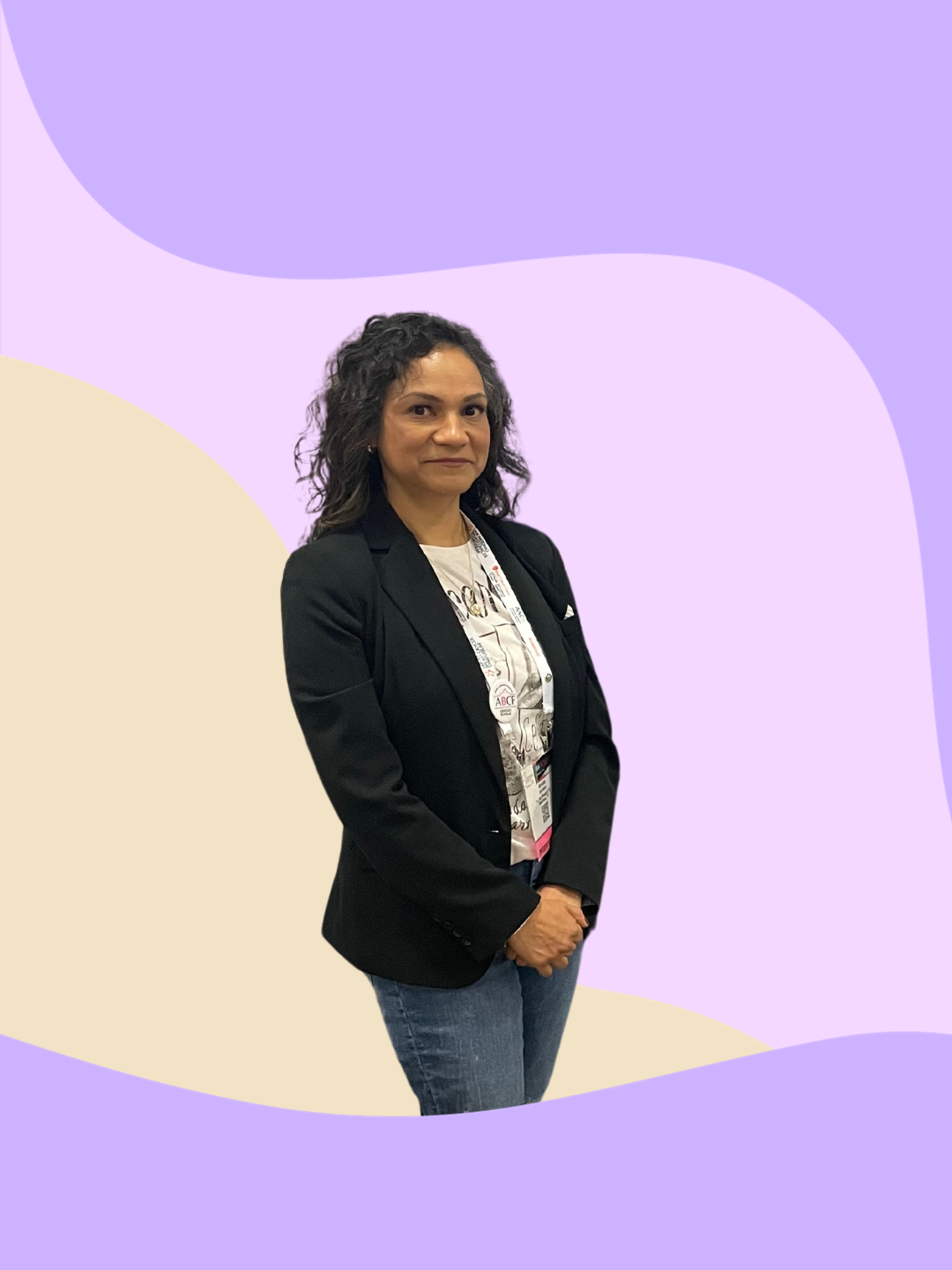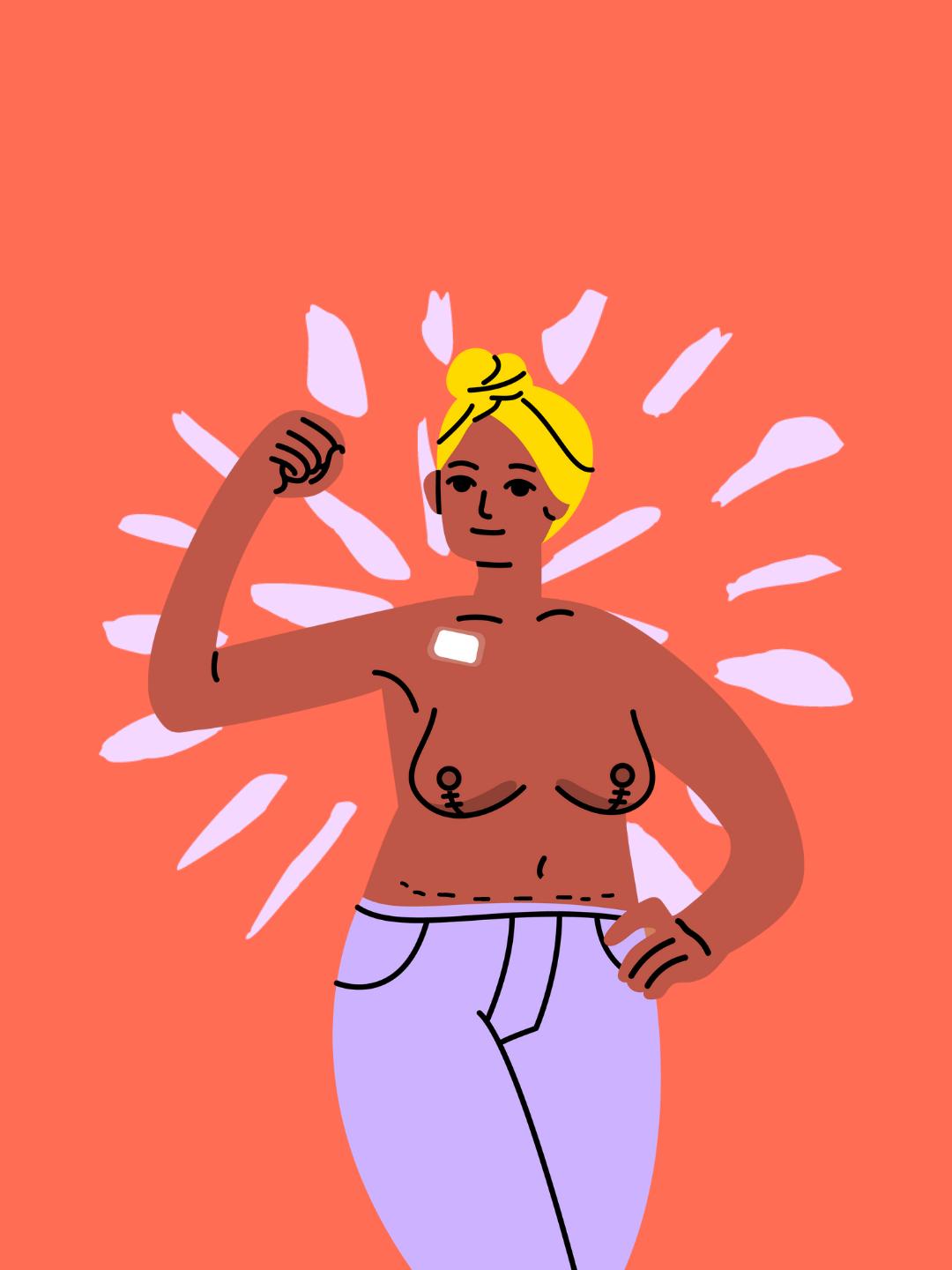This article has been updated.
What happens for those who rely on assisted reproductive technologies to grow their families when access to those technologies become threatened?
A recent Alabama Supreme Court ruling, fueled by the United States Supreme Court’s 2022 overturning of Roe v. Wade, has turned that question into one that many people are searching to answer.
Take a dive with The Peak as we uncover what the recent court decisions could mean for the breast and gynecologic cancer community.
What is assisted reproduction?
Assisted reproductive technologies (ART) are techniques that can be used to help those who are unable to conceive to do so through the handling of eggs—also called oocytes—or embryos.
ART includes, most commonly, in vitro fertilization (IVF), as well as egg and embryo freezing, egg and embryo donation, and surrogacy.
Essential to IVF is the retrieval of eggs from the ovaries, fertilizing the collected eggs with sperm to create an embryo, and transferring the embryo into the uterus.
Oftentimes, this process results in multiple frozen embryos, even for those who only desire one child. This is because multiple eggs are fertilized so that the best-developing embryo may be transferred and implanted into the uterus in hopes of a successful pregnancy.
“I always tell patients the progression from follicle to viable embryo is like a double black diamond. You're going down a steep hill,” said Dr. Jaime M. Knopman, a board-certified reproductive endocrinologist and Chief Medical Officer with Chick Mission, an organization dedicated to supporting fertility preservation for cancer patients.
Dr. Knopman gave the example that even if someone were to have 16 eggs retrieved, the number that could go on to become a viable pregnancy declines exponentially—even more so for those who wish to screen for genetic variants like BRCA.
“Realistically, you need a bunch of eggs and embryos to get to the end point [of a viable pregnancy] because human reproduction in and of itself is very inefficient,” said. Dr. Knopman. “It's not a one-to-one translation.”
What happened in Alabama?
On Friday, Feb. 16, the Alabama Supreme Court ruled that frozen embryos created through ART are considered children and are therefore covered under the state’s Wrongful Death of a Minor Act.
The decision came after couples whose embryos were accidentally destroyed filed lawsuits against the fertility clinic where they were being stored for wrongful death. While the lawsuits were initially dismissed by the county circuit court judge, the state supreme court ruled otherwise.
In response to the ruling, the University of Alabama at Birmingham (UAB) has put IVF treatments on pause. This is so that the university can “evaluate the potential that our patients and our physicians could be prosecuted criminally or face punitive damages for following the standard of care for IVF treatments,” UAB spokesperson Savannah Koplon told The Guardian. Other clinics, such as Alabama Fertility Specialists, have also decided to pause new IVF treatments.
In a statement, the American Society of Reproductive Medicine (ASRM) condemned the decision, calling it “medically and scientifically unfounded.”
“No healthcare provider will be willing to provide treatments if those treatments may lead to civil or criminal charges,” the ASRM said.
On Wednesday, March 6, however, AL Governor Kay Ivey signed a bill into law that would protect IVF providers from civil and criminal liability, after which clinics began resuming embryo transfers.
Why is assisted reproduction important for people impacted by breast and gynecologic cancers?
People impacted by cancer, including breast and gynecologic, often rely on assisted reproduction for many reasons.
Those who have yet to have children or those who are not done growing their family may choose to freeze eggs or embryos prior to beginning treatments, such as chemo, radiation, or endocrine therapy.
This is because certain chemotherapies—such as carboplatin and cisplatin, which are used to treat breast and ovarian cancers—are DNA-damaging, or alkylating agents. What enables these chemo to prevent cancer cells from growing also affects the fast-growing cells in the ovaries, stopping them from producing eggs and releasing estrogen.
"Infertility is hard enough as it is for anyone," said Birmingham, AL Breastie Madeline Patterson.
Diagnosed with breast cancer at 31 years old, Patterson was encouraged to undergo an egg retrieval prior to beginning cancer treatment. Now, just under a year out from her final chemo, she doesn't know if she will be able to conceive a child on her own or if she will have to rely on the eggs she has frozen, should clinics in her state continue to offer IVF.
Pelvic radiation therapy can also cause infertility, though it is dependent on the amount of radiation received and the location of the cancer being treated.
Those who carry genetic variants that put them at high-risk of developing certain cancers may also choose to use IVF to conceive so that they could screen embryos for the potentially harmful genetic variant through pre-implantation genetic testing (PGT).
"I do not want my kids to go through what I went through," said 26-year-old Maggie Wickman.
Wickman is a BRCA-1 variant carrier who, prior to her preventive mastectomy, had found benign tumours in her breast that required biopsies and MRIs every other month.
"The mental toll far surpasses anything I've ever gone through and I'm still dealing with it to this day," she said.
How could this decision affect people impacted by breast and gynecologic cancers?
“This ruling is extremely alarming,” said Elisabeth Smith, Director of State Policy and Advocacy at the Center for Reproductive Rights in a statement.
Smith continued that the ruling goes against the science behind IVF.
“To enact legislation granting legal personhood to embryos could have disastrous consequences for the use of IVF – a science many people rely on to build their families,” she said.
What type of consequences could we be looking at?
In her statement, Smith said that providers may cease offering IVF in fear of criminal penalties—as is happening at UAB and other clinics—or could leave the state altogether.
In these situations, the options available to cancer survivors and those at high-risk for the disease may become limited.
“If [cancer patients] don't freeze eggs or embryos ahead of their treatment, they may be left infertile,” said Dr. Knopman. While they may still be able to conceive using a donor egg or sperm, “their ability to have a genetic child will be taken away from them.”
"It's very stressful," said Patterson, reflecting on the changes happening in her state. "It's very discouraging."
"Having to deal with that on top of a cancer diagnosis, and now thinking about ... all these potential barriers to just receive the care that you need in your own state is mind-blowing."
What’s next for assisted reproduction in Alabama and beyond?
While IVF is now protected in Alabama, RESOLVE: the National Infertility Association’s Fight for Families campaign continues to push to keep IVF legal nationwide. They offer a toolkit of resources for advocating for the protection of IVF, ranging from talking points and templates to federal legislative information.
The ASRM also encourages U.S. citizens to contact their elected officials to push for their support of the Access to Family Building Act (S.3612/ H.R.7056), which would protect ART nationwide.
The Breasties also encourage those who wish to get involved to share their stories to help amplify the importance of preserving access to ART.
For anyone experiencing infertility, RESOLVE also offers a peer-led HelpLine for support.







